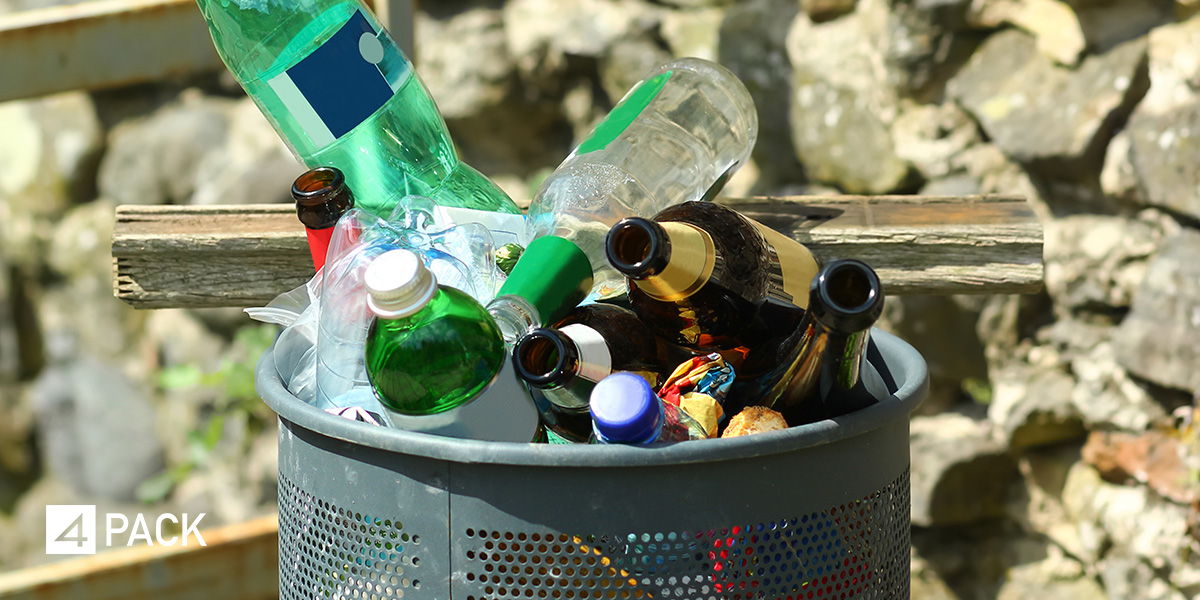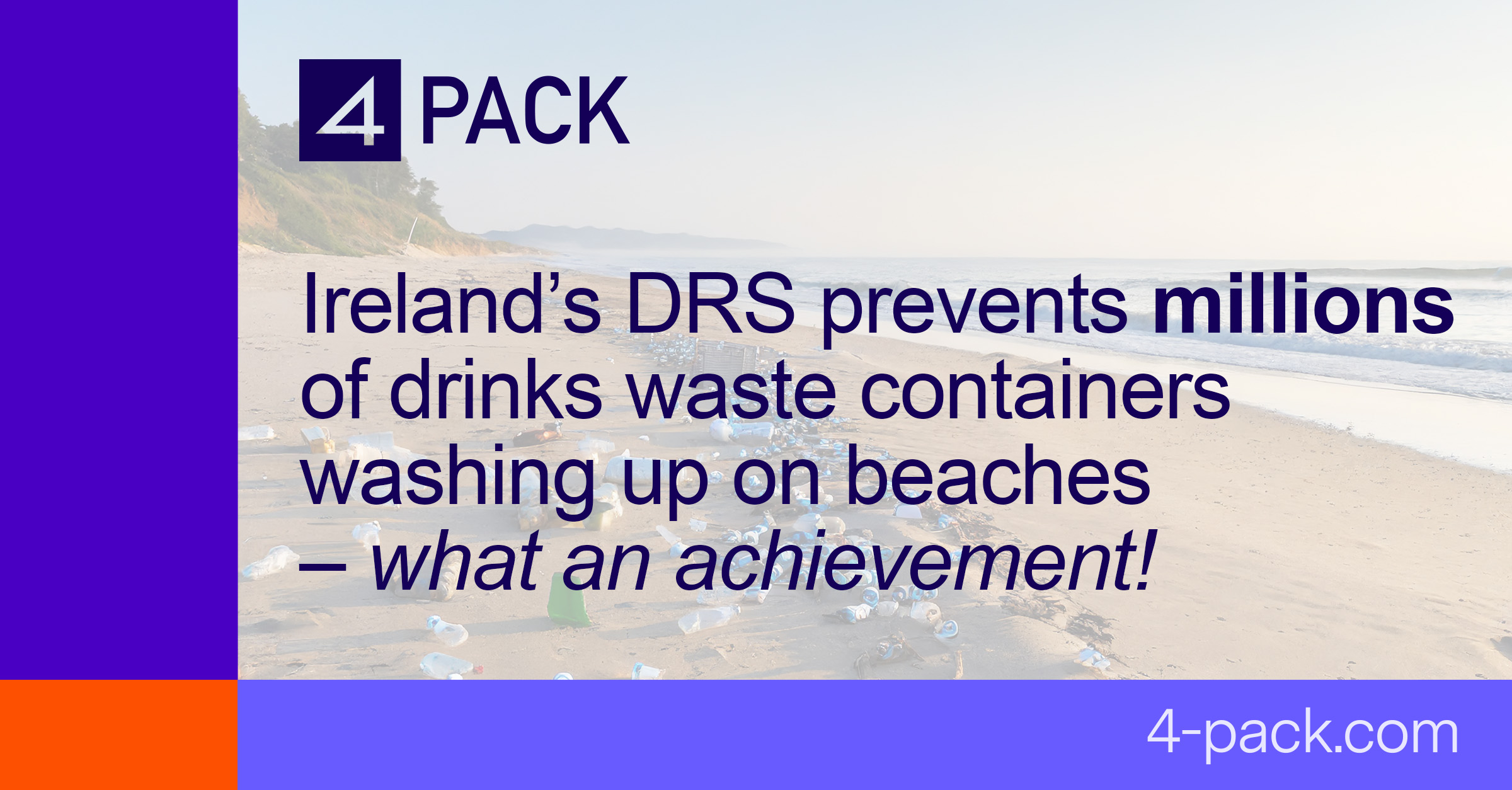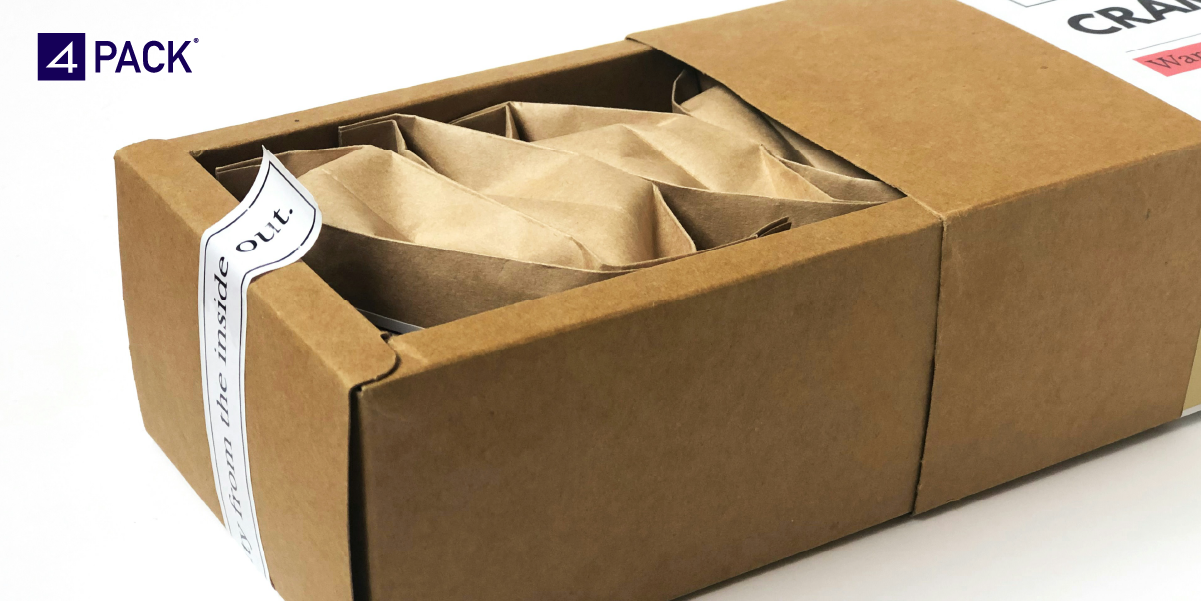Introduction to CSR and Packaging
What is Corporate Social Responsibility (CSR)?
Corporate Social Responsibility (CSR) is a business model that emphasises a company’s responsibility to operate ethically and contribute positively to society. It involves integrating social and environmental concerns into business operations to create long-term value for stakeholders. Packaging is becoming an increasingly prominent aspect of wider CSR goals.
Packaging plays a crucial role in various industries, from protecting products during transportation to influencing consumer purchasing decisions. However, the production and disposal of packaging have significant environmental implications, including pollution, resource depletion, and landfill overflow.
Importance of CSR in Packaging
- Sustainability and Environmental Concerns: Over recent years, there has been a growing awareness of environmental issues, such as climate change and plastic pollution. Consumers are increasingly demanding eco-friendly products and packaging, prompting businesses to adopt sustainable practices to reduce their carbon footprint and minimise environmental impact.
- Social Responsibility in Packaging: CSR in packaging extends beyond environmental considerations to encompass social responsibility. This includes ensuring fair labour practices throughout the supply chain, promoting diversity and inclusion, and supporting local communities where packaging materials are sourced or products are sold.
- Economic Factors and CSR in Packaging: Implementing CSR initiatives in packaging can also have economic benefits for businesses. By optimising packaging design to reduce material usage and waste, companies can lower production costs and improve operational efficiency. Moreover, demonstrating a commitment to CSR can enhance brand reputation and attract socially conscious consumers, leading to increased sales and market share.
Role of Packaging in CSR Strategies
Minimising Environmental Footprint
One of the primary objectives of CSR in packaging is to minimise the environmental footprint throughout the product lifecycle. This includes using sustainable materials, reducing packaging waste, and implementing eco-friendly manufacturing processes to conserve natural resources and mitigate environmental damage.
CSR packaging initiatives also focus on promoting ethical sourcing practices and supporting fair trade principles. This involves ensuring that packaging materials are sourced responsibly, with consideration for workers’ rights, fair wages, and safe working conditions. By partnering with suppliers who adhere to ethical standards, companies can uphold their commitment to social responsibility.
Packaging can be a powerful tool for enhancing community engagement and fostering positive social impact. Companies can leverage packaging design and messaging to raise awareness about social issues, support local charities and community projects, and empower consumers to make a difference through their purchasing decisions.
Sustainable Packaging Solutions
Biodegradable and Compostable Packaging
One of the most promising trends in sustainable packaging is the adoption of biodegradable and compostable materials. These materials break down naturally in the environment, reducing the accumulation of plastic waste and minimising harm to ecosystems. Biodegradable packaging offers a viable alternative to traditional plastics, providing similar functionality while being more environmentally friendly.
Recycling plays a crucial role in the circular economy, where materials are reused and repurposed to minimise waste and conserve resources. Companies are increasingly incorporating recyclable and recycled materials into their packaging designs to promote closed-loop systems and reduce reliance on virgin resources. By prioritising recyclability, businesses can facilitate the recovery and reuse of packaging materials, thereby reducing their environmental impact.
Innovations in packaging design and technology are driving advancements in waste reduction and material efficiency. From lightweighting and source reduction to alternative packaging formats and reusable containers, there is a wide range of innovative solutions available to help companies minimise packaging waste and improve sustainability. By embracing these innovations, businesses can enhance their CSR credentials and contribute to a more sustainable future.
Consumer Perception and CSR Packaging
Influence of CSR on Consumer Purchasing Decisions
Consumer perception plays a significant role in shaping the demand for CSR packaging. Studies have shown that consumers are more likely to choose products that align with their values and ethical beliefs, including those with eco-friendly packaging and sustainable credentials. By communicating their CSR initiatives effectively, companies can capitalise on this trend and differentiate themselves in the marketplace.
CSR packaging can also contribute to building brand loyalty and fostering long-term relationships with customers. By demonstrating a commitment to social and environmental responsibility, companies can establish trust and credibility with consumers, who are more likely to support brands that share their values. Through transparent communication and meaningful engagement, companies can strengthen their brand reputation and cultivate loyal advocates.
Challenges and Opportunities
Regulatory Compliance and Standards
One of the key challenges facing companies in implementing CSR packaging initiatives is navigating complex regulatory requirements and standards. Compliance with environmental regulations, packaging laws, and certification schemes can be time-consuming and costly, requiring businesses to stay informed and proactive in meeting legal obligations.
Another challenge is ensuring the sustainability and ethical integrity of the entire supply chain. From raw material sourcing to manufacturing, distribution, and disposal, companies must collaborate with suppliers and partners to uphold CSR principles and address potential risks, such as deforestation, labour exploitation, and pollution.
Balancing cost considerations with CSR goals is a perennial challenge for businesses. While investing in sustainable packaging may incur upfront costs, the long-term benefits, such as improved brand reputation, reduced environmental impact, and increased customer loyalty, can outweigh the initial investment. Companies must carefully evaluate the economic implications of their CSR initiatives and identify opportunities to achieve sustainability without compromising profitability.
Future Trends in CSR Packaging
Advancements in Sustainable Packaging Technologies
The future of CSR packaging lies in continued advancements in sustainable packaging technologies. From bio-based materials and nanotechnology to smart packaging and biodegradable additives, there is a wealth of innovation on the horizon that promises to revolutionise the way products are packaged and consumed.
Digital solutions, such as blockchain and traceability platforms, offer new opportunities for enhancing transparency and accountability in the supply chain. By leveraging digital technologies to track and verify the origins of packaging materials, companies can provide consumers with greater visibility into the social and environmental impact of their products, fostering trust and confidence in their brand.
Collaboration will be essential in driving meaningful change and achieving collective impact in CSR packaging. By partnering with industry peers, government agencies, non-profit organisations, and academia, companies can share knowledge, resources, and best practices to tackle shared challenges and maximise positive outcomes for society and the environment.
How 4Pack Can Help You Meet CSR Objectives
Gain complete visibility into your product data with 4Pack’s powerful analytics and reporting features. Track and analyse key metrics such as ingredient lists, compliance requirements, and packaging specifications. This helps ensure regulatory compliance and enables informed decision-making. Uncover valuable insights to optimise your supply chain, improve operations, and enhance customer satisfaction.
Efficiency is further maximised through workflow automation. Automate repetitive tasks like label generation, artwork approvals, and packaging specification updates. By eliminating manual errors and saving time, your team can focus on high-value activities, accelerating time to market and overall operational efficiency.
By leveraging 4Pack’s packaging and product specification and artwork management solutions, your business can optimise operations, reduce costs, and exceed customer expectations. Simplify artwork and specification management, streamline workflows, and unlock valuable insights into your product data.
Ready to unlock your business’s full potential? Contact 4Pack today to schedule a personalised demonstration and discover how our innovative solutions can transform your product, packaging and business processes.


